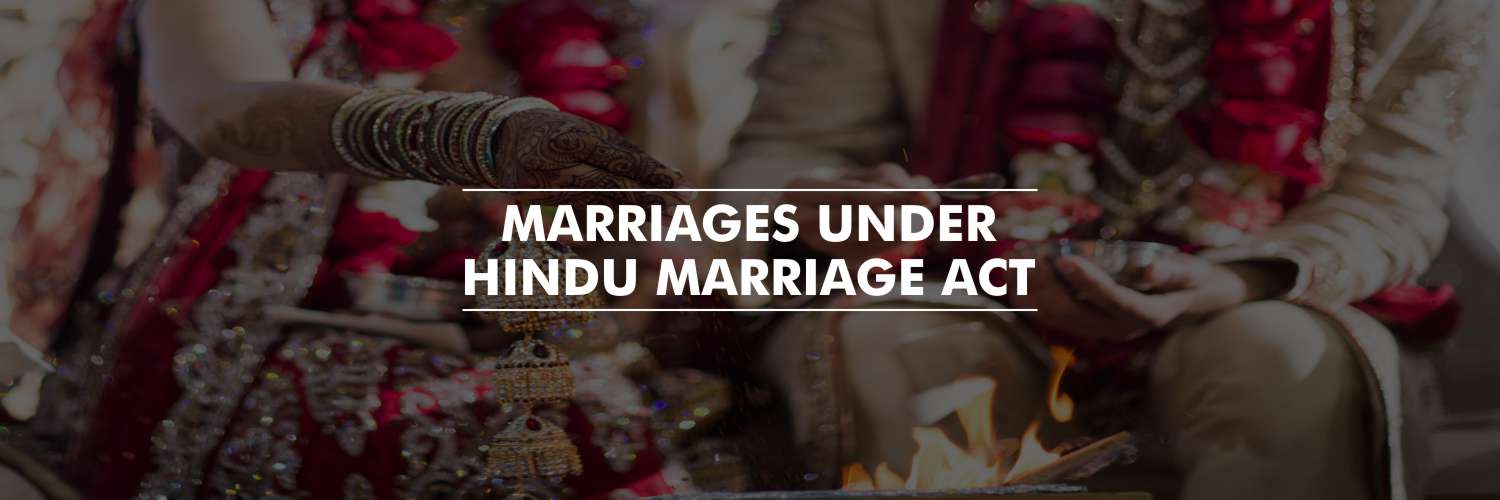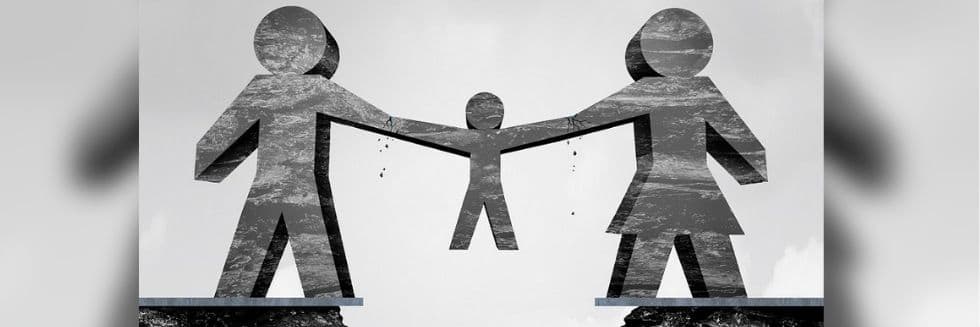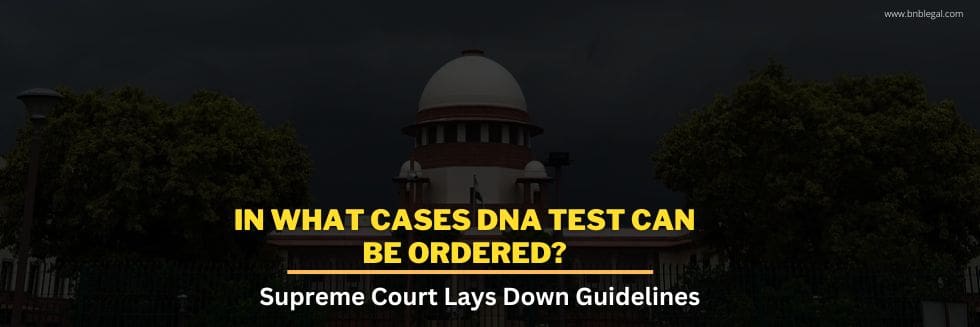Marriage is a sacred bond between two people, whereby they agree to spend the rest of their lives together. Marriage in India is considered as a sacred institution. For a valid marriage in India, two conditions are necessary. Firstly, the parties must have the capacity to marry and secondly they must undergo the necessary ceremonies of marriage.
In India, a Hindu marriage can be registered either under the Hindu Marriage Act, 1955 or under the Special Marriage Act, 1954. The Hindu Marriage Act applies to Hindus (this includes Hindu by religion in any of its forms or developments, including a Virashaiva, a Lingayat or a follower of the Brahmo, Prarthana or Arya Samaj or a person who is a Buddhist, Jain or Sikh by religion), whereas the Special Marriage Act applies to all citizens of India irrespective of their religion. Under the Hindu Marriage Act, the marriage needs to be already solemnised and provides for only registration, so that the solemnisation of a marriage by a Marriage Registrar is not required. However, the Special Marriage Act provides for solemnisation of a marriage as well as registration by a Marriage registrar. The minimum age to be eligible for marriage in India is 21 years for males and 18 years for females.
Under the Hindu Marriage Act, 1955, there are certain conditions that need to be fulfilled to consider the marriage between the parties as legal and valid. These conditions have been enshrined under Section 5 and Section 7 of the Act. The marriage is considered to be valid only if both the parties to a marriage are Hindus as per section 5 of the Act. If either of the party to the marriage is not a Hindu, then the marriage will not be a valid Hindu marriage.
There are certain conditions in which a valid Hindu marriage cannot be solemnised which are as follows:
- If either of a party has a spouse living at the time of the marriage and not divorced- Under Hindu Marriage Act, a marriage is not considered a valid marriage if, at the time of marriage, either of the party has a living spouse and is not divorced. This means the act prohibits bigamous marriage and Section 11 of the Act makes it void. The offence of bigamy is committed only if the required ceremonies of marriage are performed in the subsequent marriage. In the case of Sarla Mudgal v Union of India AIR 1995 SC 1531, the Supreme Court held, “Till the time a Hindu marriage is dissolved under the Act none of the spouses can contract a second marriage.”
- If either of the party is incapable of giving a valid consent at the time of solemnisation of marriage or otherwise.
- If either of the parties has been subject to recurrent attacks of insanity.
- The bride has not completed the age of 18 years and the bridegroom has not completed the age of 21 years at the time of marriage,
- The marriage of an impotent husband is voidable at the instance of the wife.
- The parties are within the degrees of prohibited relationship unless the custom or usage governing each of them permits of a marriage between the two. The parties are of the lineal ascendant of the other (Sapindas) unless the custom or usage governing each of them permits of a marriage between the two. Sapindas is defined u/s 3 (f) of the Act and with the virtue of Section 5(v) and Section 11 of the Act, marriage is deemed to be void.
What are Valid, Void and Voidable Marriages?
Under the Hindu Marriage Act, there are types of marriages i.e. valid marriage, void and voidable marriage. Valid marriages are those in which the above-mentioned anomalies are absent. Void marriages are those which are strictly illegal in the eyes of law. E.g. a bigamous marriage, a marriage solemnised without the consent of parties, etc. Voidable marriages are those in which it is upon the discretion of the parties whether to get the marriage annulled or continue with the marriage.
Degree of prohibited relationship:
As per the Act, two persons are considered to be within the degree of prohibited relationship and marriage falling within the following categories will be considered void:
- If one of them is the lineal ascendant of the other,
- One was any of the spouse husband or wife of lineal ascendant or descendant of the other,
- If one of them was the wife of the brother or the father’s or mother’s brother or the grandfather’s or grandmother’s brother of the other,
- Or if they are brother and sister, aunt and nephew, uncle and niece, or children of brother and sister or of two brothers or two sisters.
An exception to the above is that the customs play an important role here that is if there is a custom prevailing within the parties, they may marry even if they fall under the degrees of prohibited relationship.
The provision under Section 7 states that a Hindu marriage can be solemnized following customary rites and ceremonies of either of the parties. The following must be considered while considering the ceremonies essential for Hindu Marriage.
- Mere intention to live together as husband and wife without the performance of any ceremonies does not amount to marriage.
- The status of marriage cannot be solely dependent on the Intention of the parties.
- Presumption of marriage under section 114 Indian Evidence Act showcases the policy of the law to lean in favor of the validity of marriage once it is proved that it existed de facto.
- If a couple is treated as husband and wife by the community presuming them to be married, the burden of proof that they were not properly married lies on the party asserting so.
- Where marriage is denied, some proof of performance of requisite ceremonies is essential.
In the case of Rabindra Nath v state, 1969 Cal 58, the Calcutta High Court reiterated that if a customary ceremony is prevalent on the side of either party, its performance will be enough for the validity of the marriage. Customary ceremonies may not include anyone of shastric ceremonies. Where the rites and ceremonies include the saptpadi (the taking seven steps by the bride and the groom jointly around the sacred fire), the marriage becomes complete and binding when the seventh step is taken. Saptpadi is a shastric ceremony and not essential for every Hindu marriage. There can be a customary ceremony.
This article is written by Paras Chugh. The author can be contacted via email at paras@bnblegal.com
For more information and professional consultation regarding family matters, our expert family lawyers in Chandigarh can be contacted from Monday to Friday between 10:00 am to 6:00 pm and between 10:00 am to 2:00 pm on Saturdays.









